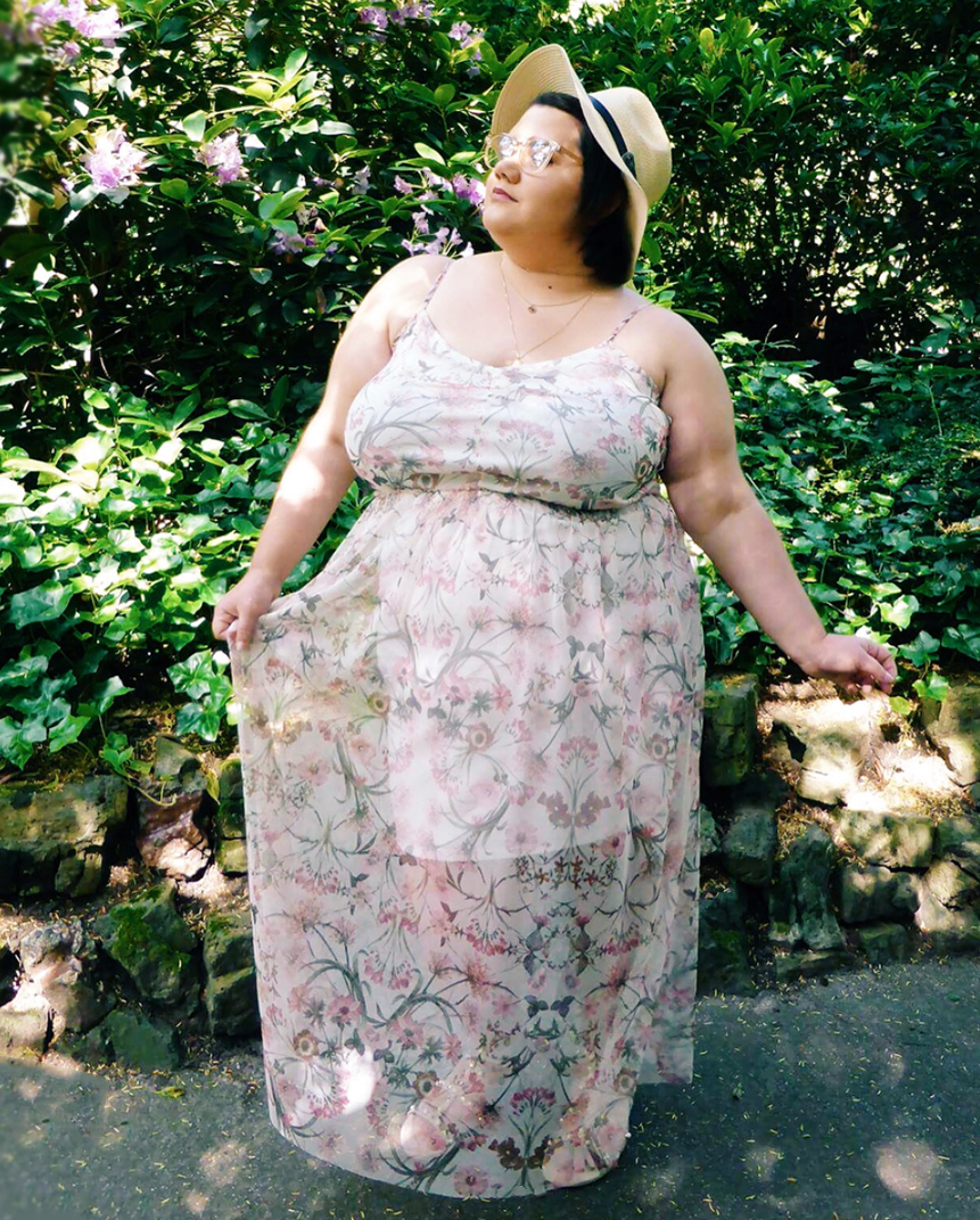Fat Babe Talking: Stop Asking About My Plans To Have Kids
Over three months ago, I packed up or sold all of my belongings, said goodbye to friends and family, and moved to a relatively foreign country to start a new life. While this was a heavily daunting task and a decision I did not make lightly, I knew I was doing so for the best possible reason. To marry the love of my life. And since doing so, my husband and I have discussed at length loads of things we would like to do in our first few years of marriage.
Buy a house; adopt a pet; find new careers; travel to new places.
But strangely, these goals aren’t of great interest to those who congratulate me on my marriage. In fact, it largely seems the only thing other people are interested in discussing next is how soon I hope to have a child. Not us as a couple. Just me as a woman. Why is this the automatic next topic of conversation people rely on after finding out about a marriage? And why, as a female, is motherhood the ultimate goal people think I should aspire to, but don’t hold the same expectations for my husband?
My husband, Jack, and I have attended many family functions and parties since getting married, and at every single one I’ve been asked about my desire to have babies as if I’m just going to excitedly start babbling about the names I’ve picked and little outfits I want to dress them in. Not once has anyone asked me about what career I would like to find myself in now that we’re married and I’m a newly-legal resident of the United Kingdom. Usually I have to dodge the baby questions by answering that one day I’d maybe like to have a child, but at the moment I’d like to just work and see the world a bit. But that’s a lie. I’m not 100% sold on the idea of myself as a mother. Some days, I still find it weird to think I’m a wife. Or an adult.
Credit: Christine Saraceno-Izatt
Some people might say when people joke with you about having kids in the future it’s harmless and light-hearted, but I disagree. You never fully know what a couple’s circumstances are, and for many infertility is an incredibly painful issue to cope with. One in seven couples struggle to conceive a child, and in the event of infertility occurring, it’s not so simple to just decide to adopt or undergo In Vitro Fertilisation (IVF). Both of these options can cost upwards of tens of thousands of pounds and aren’t necessarily guaranteed to yield results. Both partners can feel an immense amount of shame about “not being man/woman enough” to bear children, yet hide their feelings because of societal stigmas.
These societal stigmas also chastise any female who blatantly decides they don’t wish to be a parent. Jennifer Aniston is a hugely successful actress and philanthropist who has supported numerous causes and charities, but throughout the years society has been more obsessed with reading about whether she is or isn’t pregnant in tabloids. Just last September, German Chancellor Angela Merkel - who has been referred to as “the most powerful woman in the world” - was reduced by The Sunday Times to a “childless politician” in a sidebar that exclusively featured women leaders. Media coverage like this further reinforces the idea that it’s perfectly normal for a man in a position of power to forego fatherhood, but if a woman decides the same it’s sensational and newsworthy.
Can we please stop bullying women into motherhood? Children are a huge undertaking, and it’s perfectly normal and admirable to reflect on your lifestyle, career, or personality and decide kids aren’t for you either at this period in time or at all. There are countless other ways to live a full life and feel whole as a person, and you shouldn’t be shamed into having children because it’s just what’s expected of a woman of your age, race, or religion, or marital status.
So, next time you meet a newly married woman, avoid the urge to ask when the baby will be on it’s way and instead ask what her goals are now. Maybe they will include motherhood, maybe they won’t. Stop making assumptions that make her feel like little more than a walking incubator. We have the potential to do so much more beyond our reproductive capabilities.









